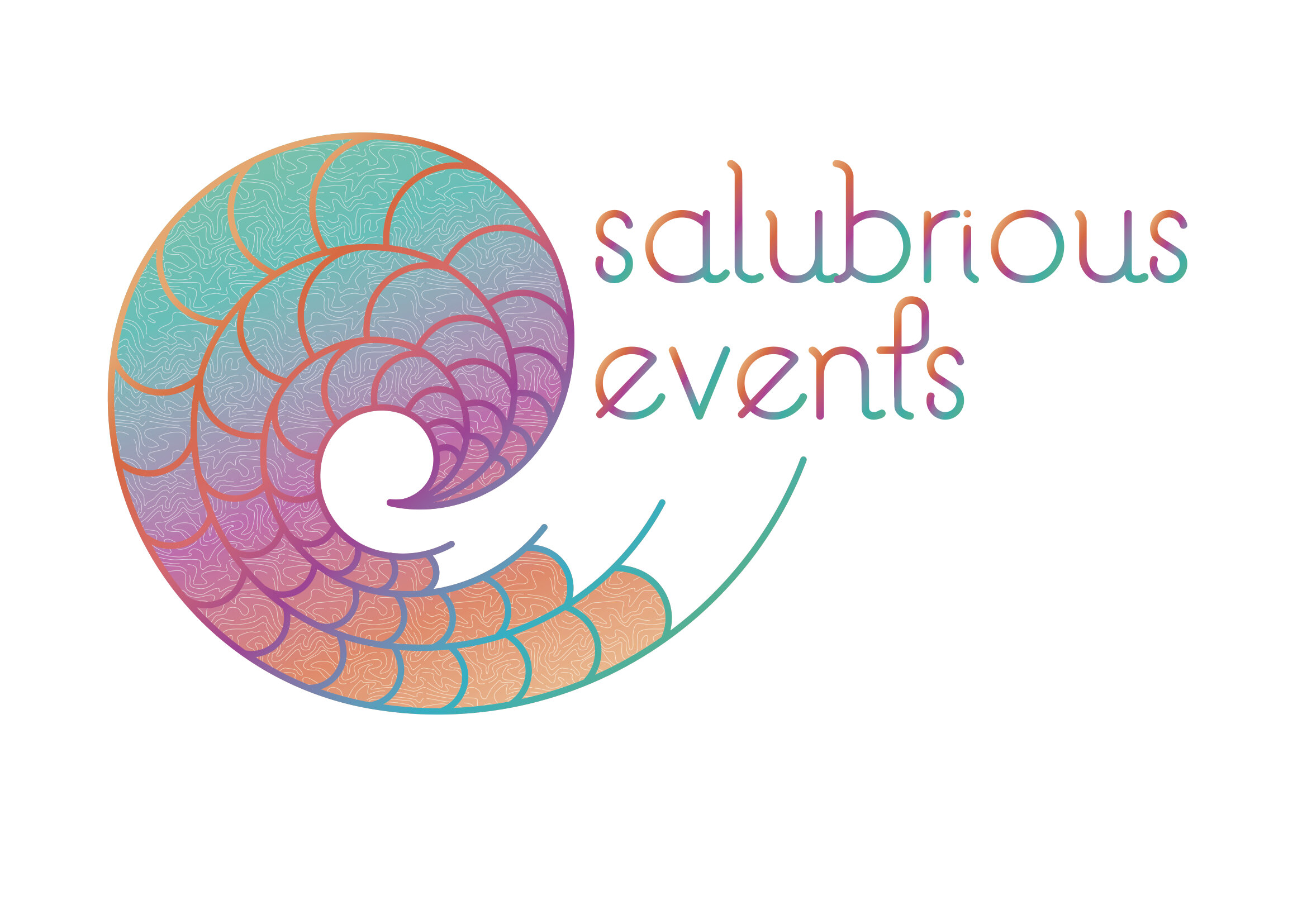Mindfulness Training: Can It Create Superheroes?
Dr Patrick Jones
(Honorary Research Associate, Perth WA)
Whilst with the emergence of the science of heroism there now exists data on our everyday hero, one can expand this inquiry and ask what could be the causes and conditions of a superhero. To address this, an examination is conducted of the origins of mindfulness, Buddhist psychology and the assertion that its practitioners can develop supernormal capabilities as a result of attaining certain stages in the path to enlightenment. Examining first their foundational eight “jhana” states (levels of attention) and the six consequent “abhinnas” (siddhis or special abilities) that arise from such mental mastery, evidence that mindfulness practices can unfold the supernormal potential of its practitioners is explored.
The Almanac of a Cunning Man: Folk Medicine, Superstition, and the Persistence of Magical Belief in Colonial Australia.
Dr. David Waldron
(Associate Professor, Federation University, Melbourne, VIC)
This talk explores the intersection of folk medicine, supernatural belief, and social marginality in colonial Australia, focusing on the practices of so-called “cunning folk.” Drawing on archival materials, including almanacs and handwritten remedies, it examines the lives of figures such as Benjamin Noakes, a transported convict turned rural healer, and Margaret Foran, a fortune teller whose practices reflected deep-rooted traditions of supernatural belief.
The Shared Crossing Project and its Research Initiative Study.
Melanie Orborne
(Psychologist, Geelong, VIC)
The term ‘shared crossing’ broadly refers to an experience that one or more people may have before, during, or after a death. A shared crossing typically includes receiving information about dying or the continuation of consciousness, and it may include the appearance of the dying and/or deceased loved ones, which provides comfort and support. William Peters, the world’s leading authority on Shared Death Experiences (SDEs), founded the Shared Crossing Project to raise awareness and educate people about the profound and healing experiences available to the dying and their loved ones. He has directed its research since 2013 and created the first research-based typologies based on his team’s study of over 1,000 accounts.
The Psychology and Parapsychology of Spiritual Emergency
Lance Storm and Monika Goretzki
(Research Psychologists, University of Adelaide, SA)
Spiritual Emergencies (a.k.a. spiritual awakenings or transpersonal crises) are defined by Stanislav Grof as “critical and experientially difficult stages of a profound psychological transformation that involves one’s entire being”. In this presentation, Lance and Monika compare spiritual emergency and psychosis and note the major differences. People undergoing (or have been through) a spiritual emergency often experience so-called ‘psychic opening’ (a.k.a. psychic abilities or sensitivities). Lance and Monika tested this claim, and found evidence of a stronger psychic ability in those with spiritual emergency compared to a control group.
